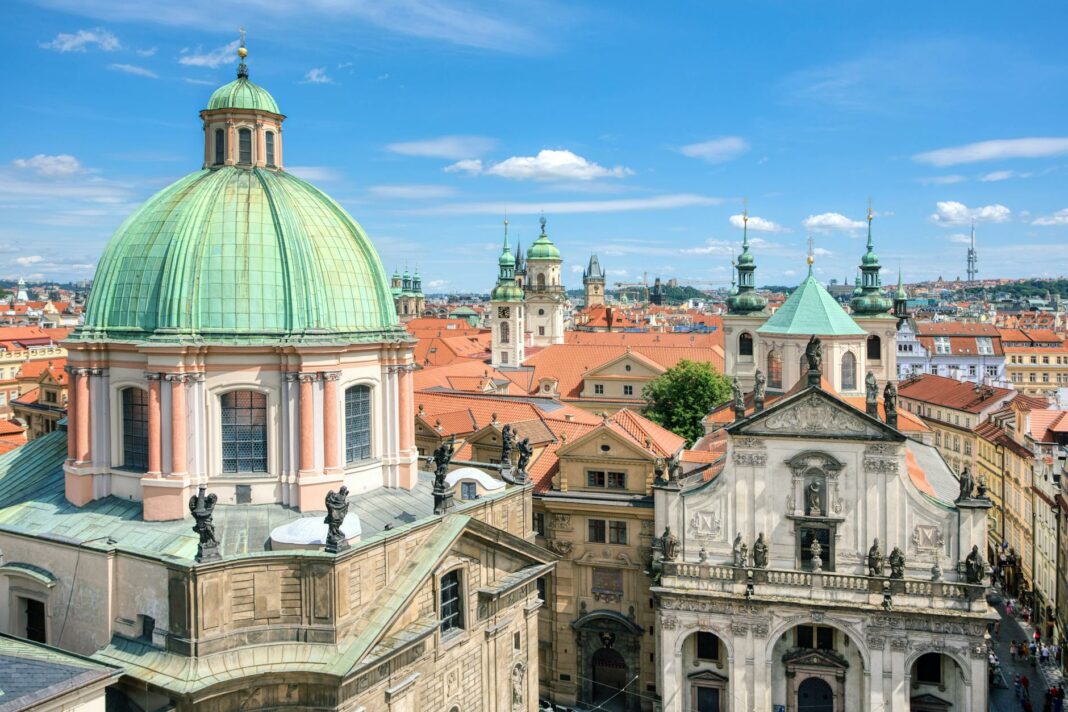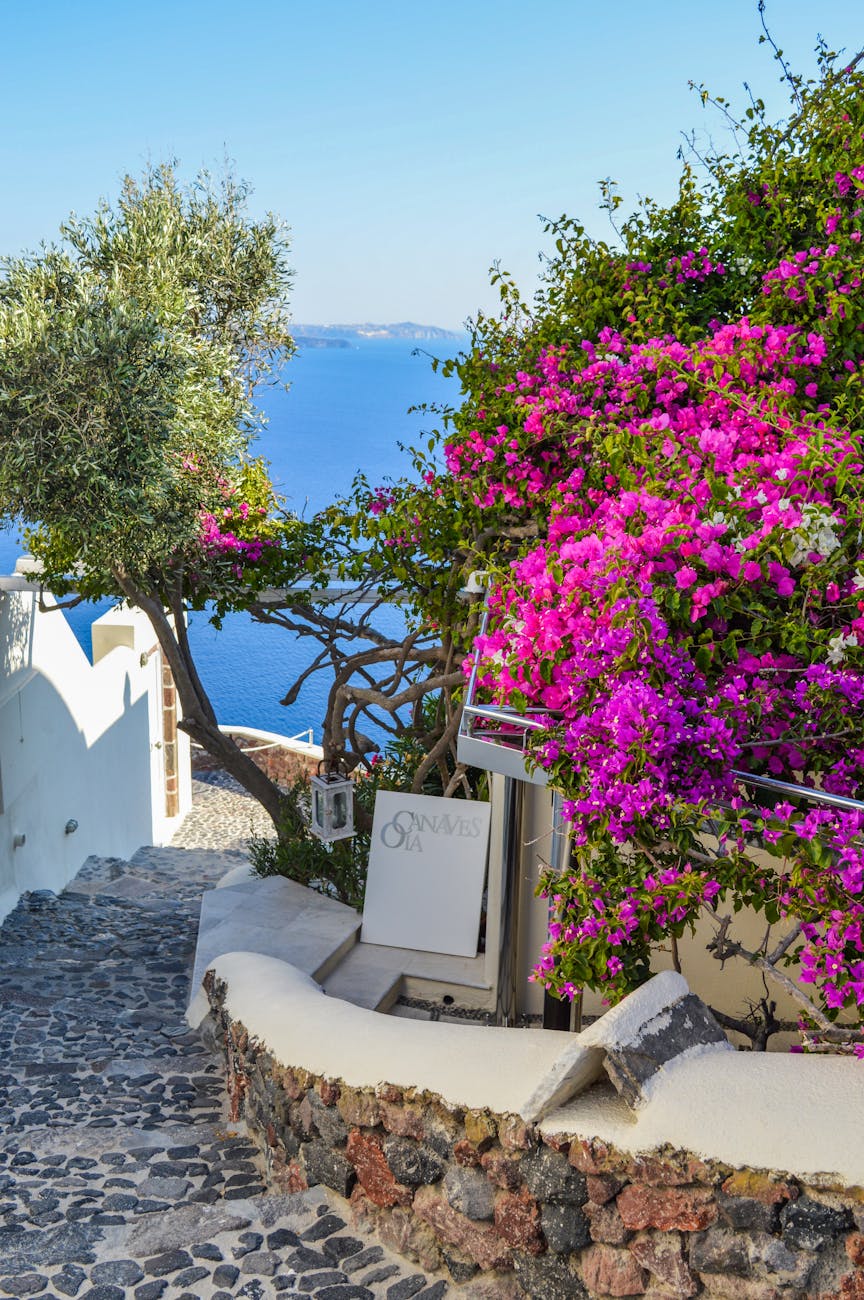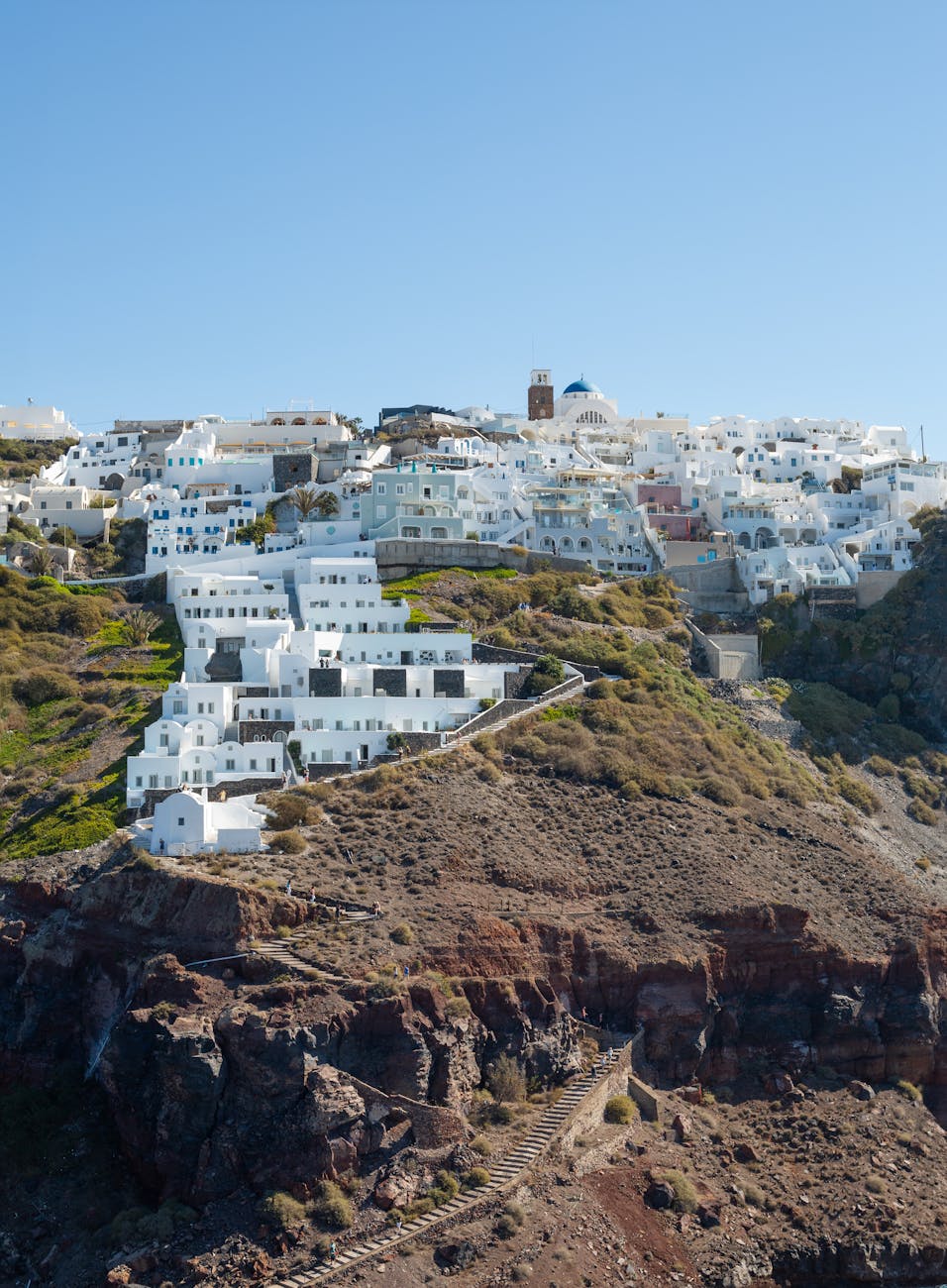Step into the vibrant tapestry of history, and you will find numerous iconic holiday destinations brimming with tales that shaped the world. Among these, one destination stands out, not only for its beauty but also for its profound influence on the course of human events: Jerusalem. This ancient city, sacred to multiple religions, serves as a crossroads of faith, culture, and history. This blog post delves into how Jerusalem has transformed from a mere geographical location into a pivotal point that changed the course of history.
Not only does Jerusalem offer breathtaking landscapes and religious significance, but it has also become a symbol of resilience, diversity, and hope. From its ancient walls echoing with stories of conquest and peace to its bustling markets alive with the spirit of unity, every corner tells a story that transcends time. Join us as we explore the multiple layers of history, culture, and current relevance that make Jerusalem an iconic holiday destination that changed the world forever.
Nestled between the mountains, Jerusalem captivates visitors with its stunning views, historical landmarks, and vibrant culture that pulses through every street. The city is a treasure trove of spiritual significance, drawing pilgrims from all over the globe seeking solace, connection, and understanding. Visitors find themselves enthralled as they wander through the narrow alleys, passing by centuries-old architecture that speaks volumes of the city’s storied past.
What truly makes Jerusalem exceptional is its multilayered identity; it is not just a city but a living museum showcasing the coexistence of various cultures and religions. The Western Wall, the Church of the Holy Sepulchre, and the Al-Aqsa Mosque stand shoulder to shoulder, representing the rich tapestry of beliefs that converge in this sacred space. Each site has its own history, reverence, and significance, enticing travelers to reflect on their own beliefs and destiny.
Jerusalem’s historical tapestry is woven from an intricate blend of events that have left an indelible mark on the world. From ancient times, when it served as a thriving hub for trade and culture, to the dramatic clashes of empires, the city has often been at the center stage for conflicts and resolutions. Power struggles have echoed through its streets, shaping the geopolitical landscape for centuries.
Throughout its history, Jerusalem has hosted various rulers—from the Canaanites and Romans to the Ottomans and the British—the influences of each culture have created a unique identity. The intertwining of religious narratives further amplifies its significance, as countless conflicts and alliances have been made over the sanctity of this city. Every stone tells a story, and the lessons learned resonate deeply in today’s context, making Jerusalem an emblem of hope and reconciliation amidst chaos.
Diving into the cultural fabric of Jerusalem reveals a city rich in traditions, festivals, and artistic expressions. The harmonious blend of Jewish, Christian, and Islamic cultures creates a melting pot of creativity that flourishes through food, music, art, and literature. Each year, Jerusalem hosts myriad festivals that celebrate its diverse heritage, fostering unity and understanding among its inhabitants and visitors alike.
Delightful aromas waft through the air as markets buzz with vendors peddling spices, textiles, and culinary delights. Tourists can savor falafel, shawarma, and fresh baklava while engaging with skilled artisans crafting beautiful ceramics and intricate jewelry. This vibrant atmosphere not only enriches visitors’ experiences but also highlights the importance of cultural preservation amidst globalization. Jerusalem stands proudly as a beacon of diversity, inviting travelers to appreciate various cultural expressions that have evolved through the ages.
In today’s world, the relevance of Jerusalem extends far beyond its historical context; it stands as a symbol of perseverance and coexistence. Modern-day challenges, including socio-political tensions, have cast a shadow over this exceptional city, yet it remains a testament to hope and dialogue. People from various backgrounds come together, participating in initiatives aimed at fostering peace and reconciliation.
Furthermore, Jerusalem’s significance in global discussions surrounding faith, identity, and coexistence has not gone unnoticed. A rising number of international organizations with a dedication to promoting harmony have made Jerusalem their grassroots for change. Tourists now actively seek opportunities to engage in dialogue and community-building activities, understanding that their presence can contribute positively to the city’s continuous narrative of resistance and growth.
When it comes to iconic holiday destinations that wield the power to change history, few rival the allure of Jerusalem. Beyond its breathtaking architecture and lush landscapes lies a dynamic chapter of human experience that continues to unfold. The lessons learned here echo through time, reminding us of our shared humanity and the potential for unity amidst discord.
Visiting Jerusalem is not just about sightseeing; it is an opportunity to connect with the past while embracing the present. Travelers leave with a profound appreciation for the intricate tapestry of beliefs, cultures, and histories, inspiring them to carry forth the message of understanding and compassion. With every step in this storied city, one becomes part of an ongoing journey toward peace and enlightenment.
- Is Jerusalem safe for tourists? Yes, Jerusalem attracts thousands of visitors every year who explore its historic sites, though it’s advised to stay updated on local news and travel advisories.
- What are the must-visit sites in Jerusalem? The Western Wall, Al-Aqsa Mosque, and the Church of the Holy Sepulchre are a few of the iconic sites that should not be missed.
- How can I engage respectfully with local cultures? Learn about the traditions and customs of the area, dress modestly when visiting religious sites, and be open to engaging with the locals respectfully.
- What is the best time to visit Jerusalem? Spring and fall offer comfortable weather and fewer crowds, making it an ideal time for exploration.
- Are there cultural events to experience in Jerusalem? Yes, throughout the year, Jerusalem hosts festivals like the Jerusalem Film Festival and various religious observances celebrating its rich heritage.
Image Credit: Pexels





